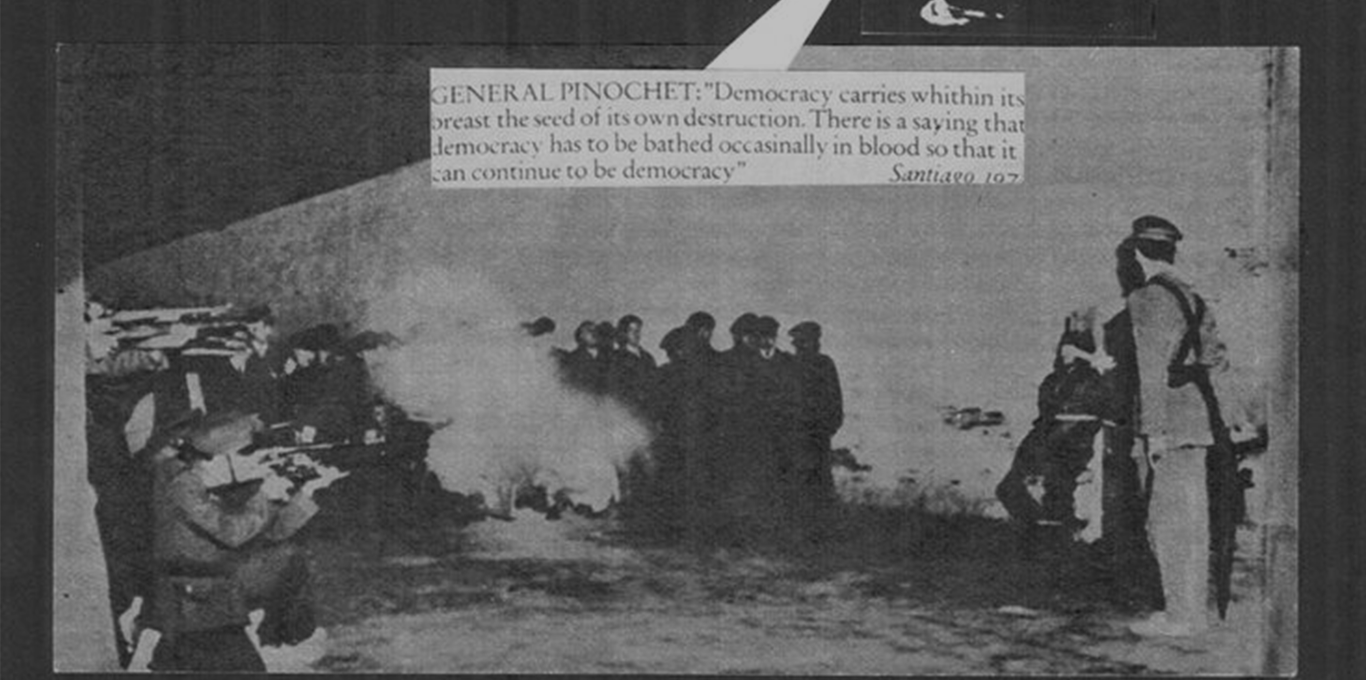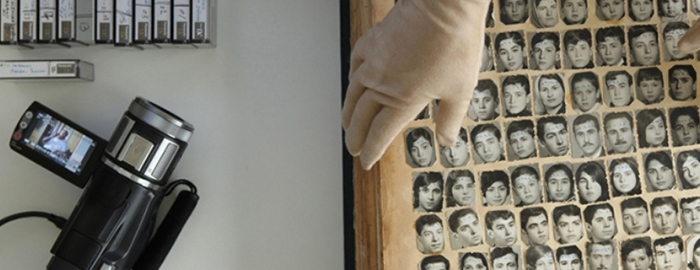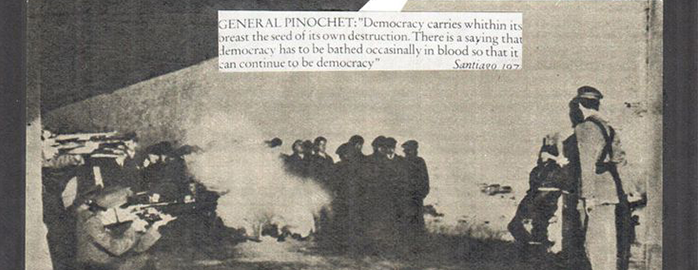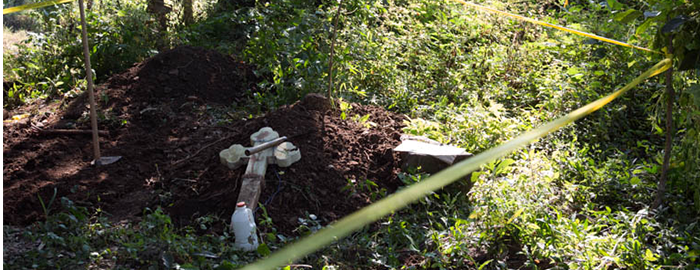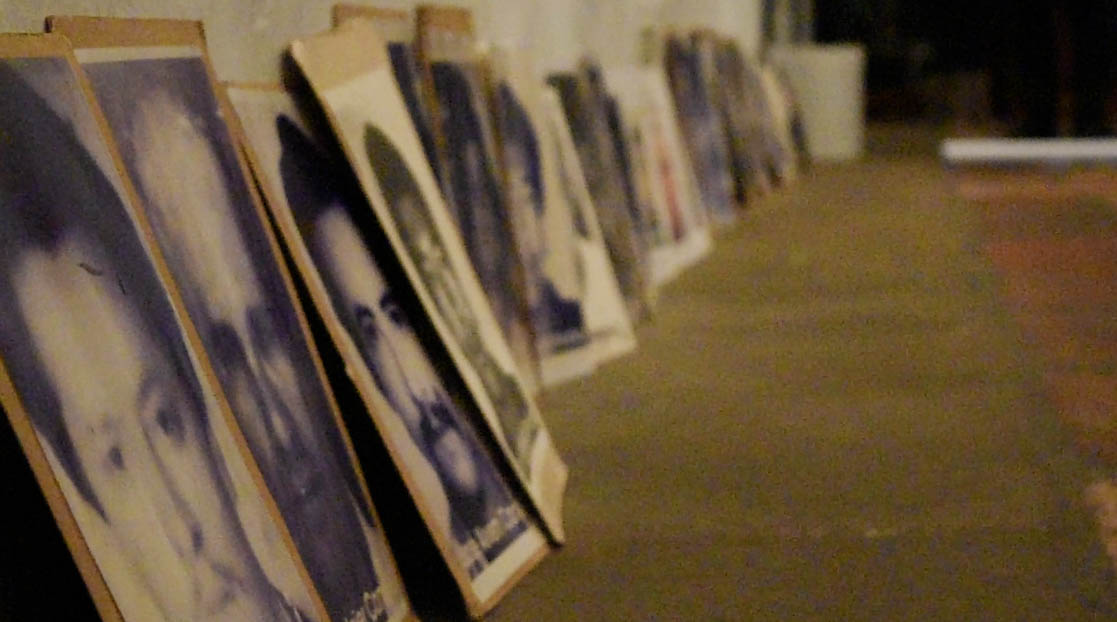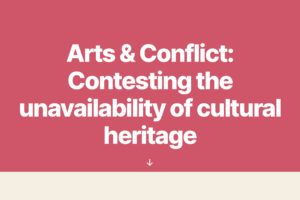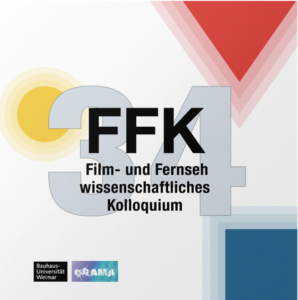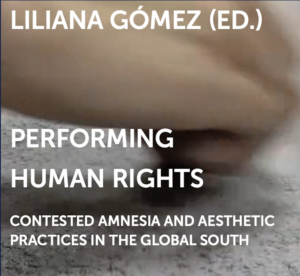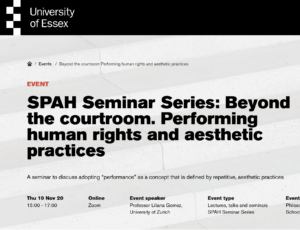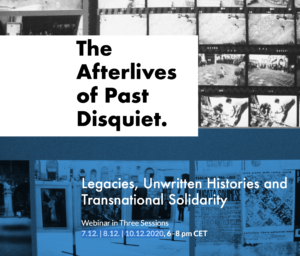Contested Amnesia and Dissonant Narratives in the Global South: Post-conflict in Literature, Art, and Emergent Archives
The Cold War period and its subsequent (post-) conflicts are characterized by a remarkable amnesia and a politics of invisibilization that reflect the epistemic order of decolonization of the Global South. Yet counter-semantics that challenge historical oblivion und injustice have been articulated by artists, writers and institutional initiatives that increasingly seek to contest this amnesia with alternate narratives or dissonant archives. Transitional situations, such as negotiated in Colombia or Lebanon, reconfigured an increasingly diverse landscape of memory cultures that claim truth and justice. While some transitional societies opted for an amnesty that fosters the invisibilization of the protracted conflict, others initiated a cultural and political process through a dialogue with the creative human rights.
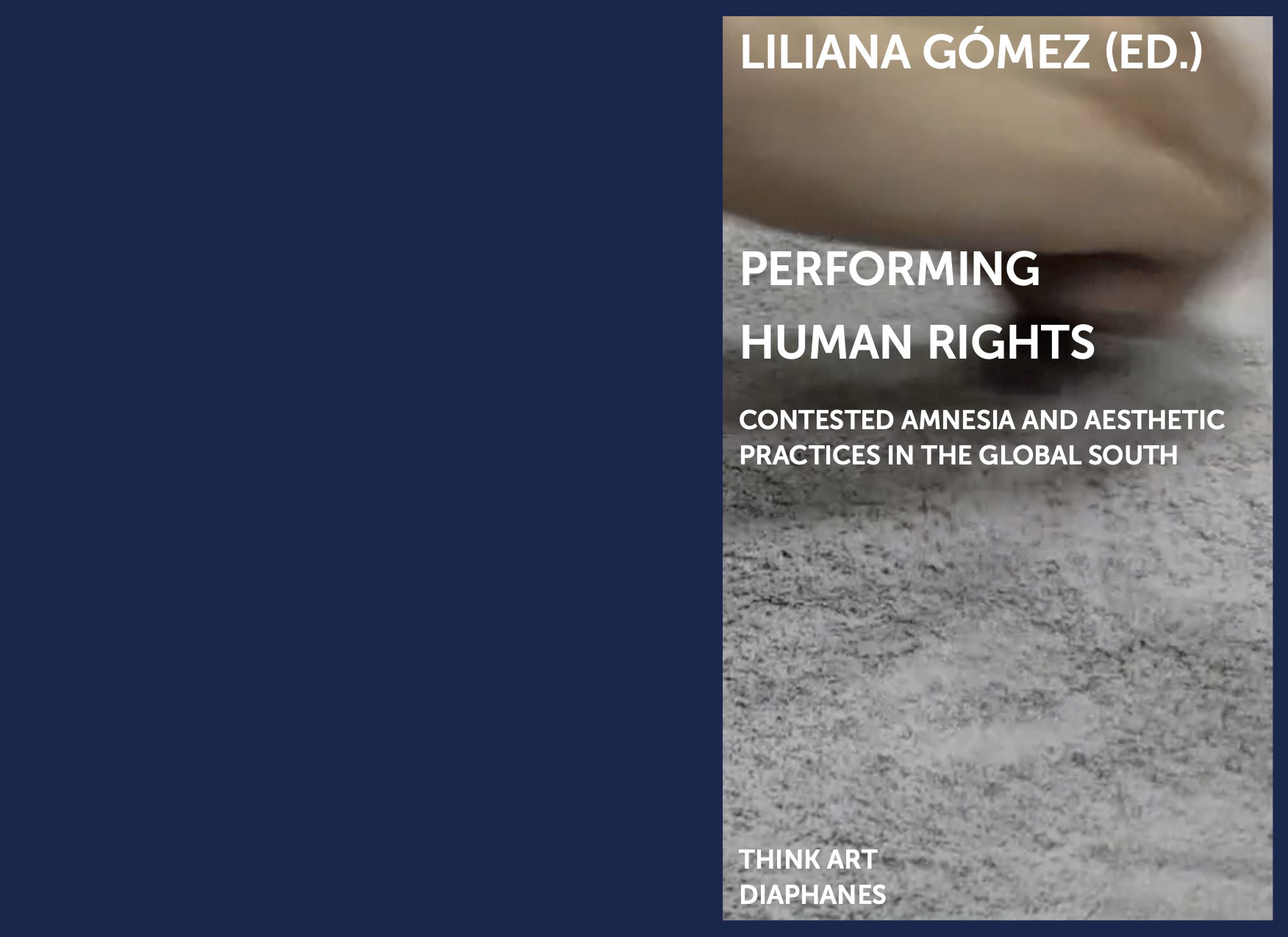 Book
Book
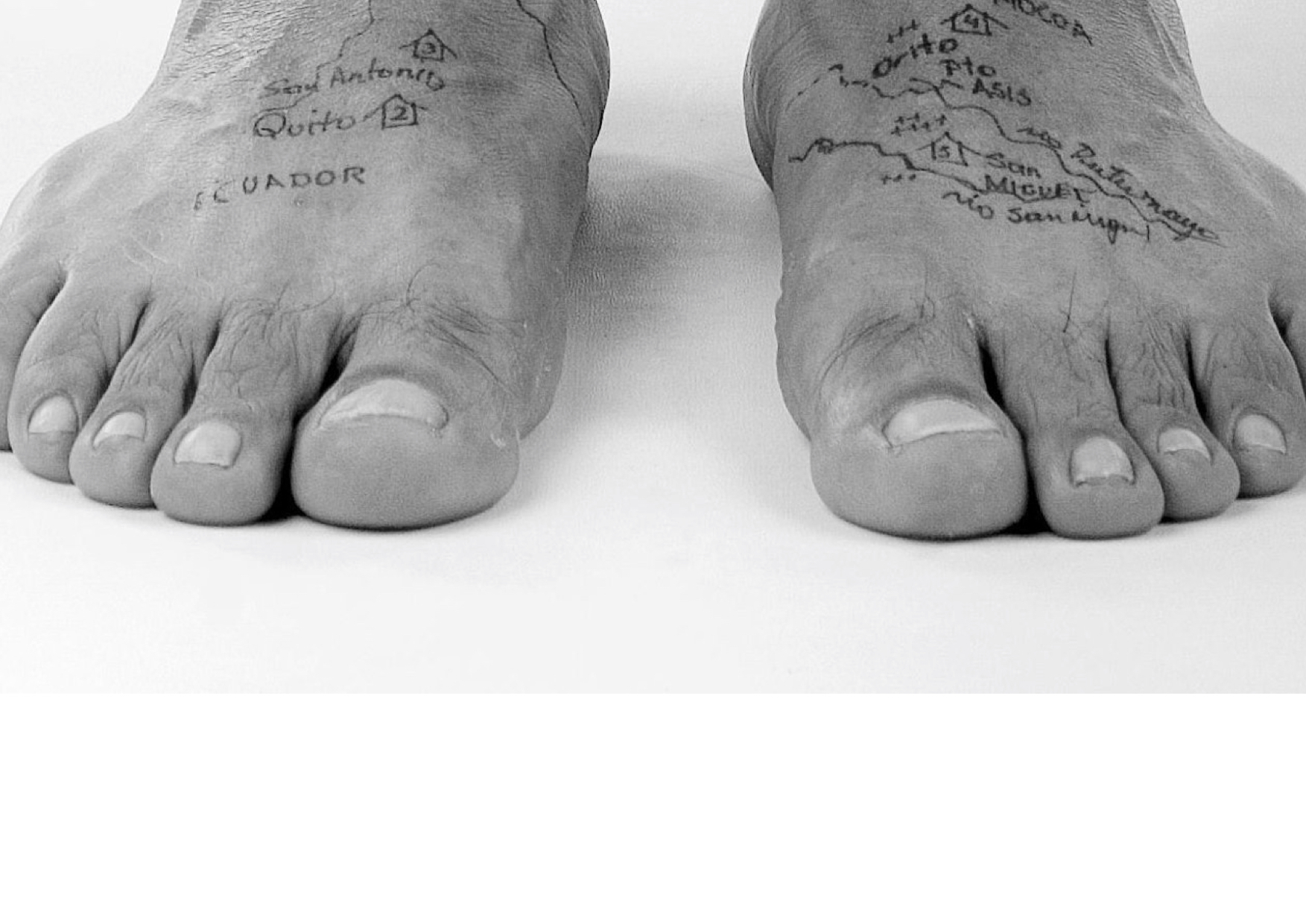
 Book
Book
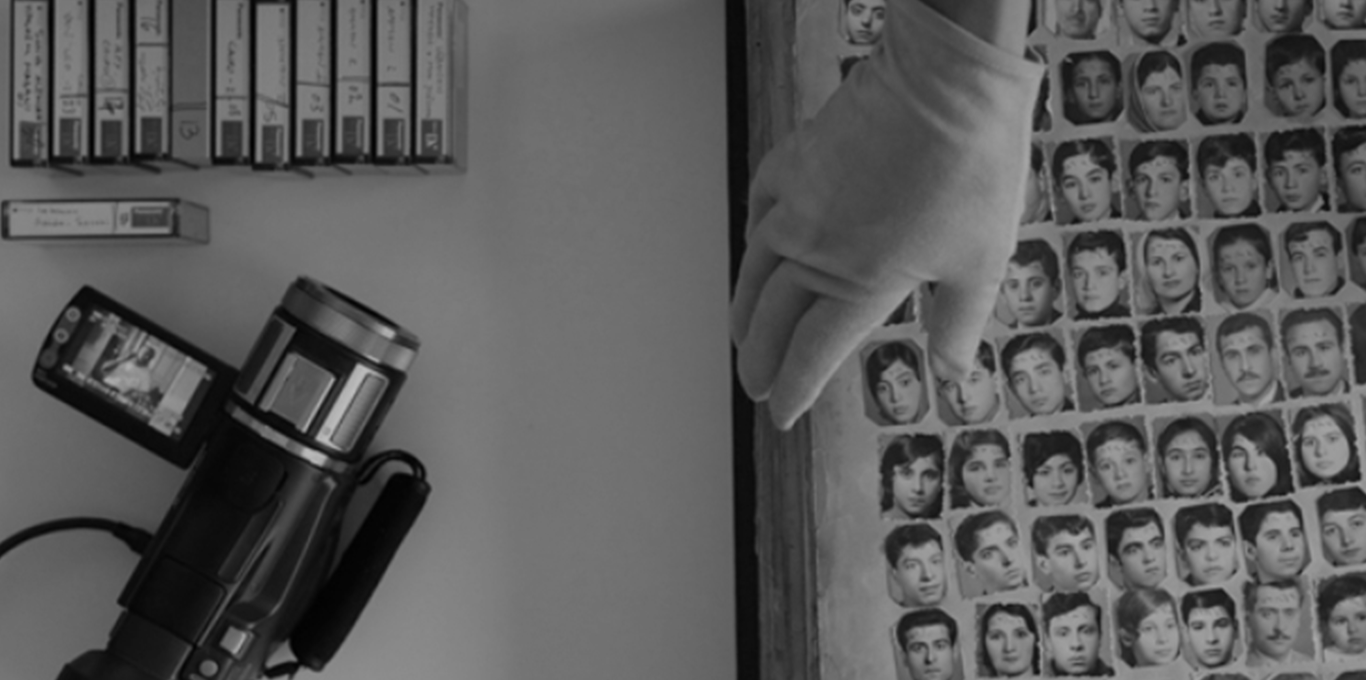 Beyond the Courtroom:
Beyond the Courtroom: 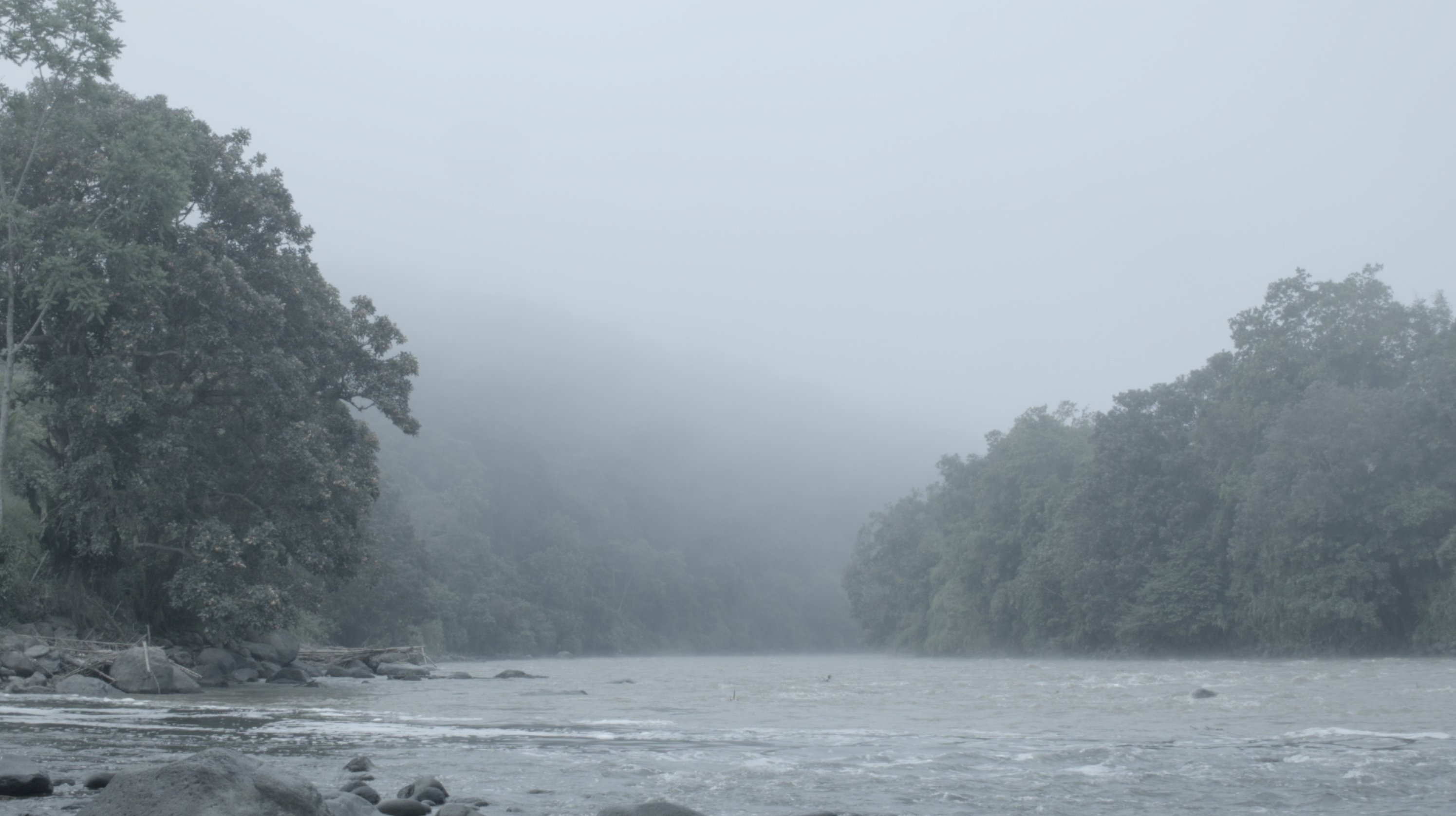 From the river to the mountain (back and forward): Disappearance and Ecologies of Recomposing in Colombia
">
From the river to the mountain (back and forward): Disappearance and Ecologies of Recomposing in Colombia
">
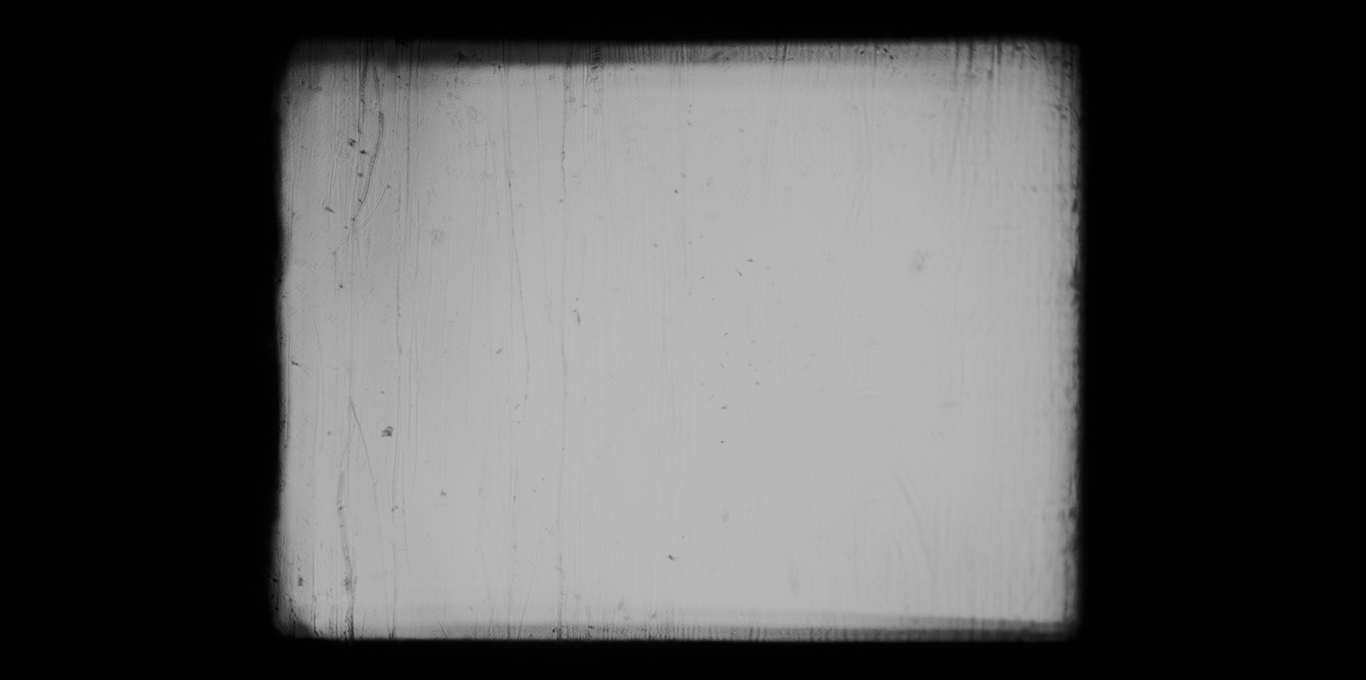
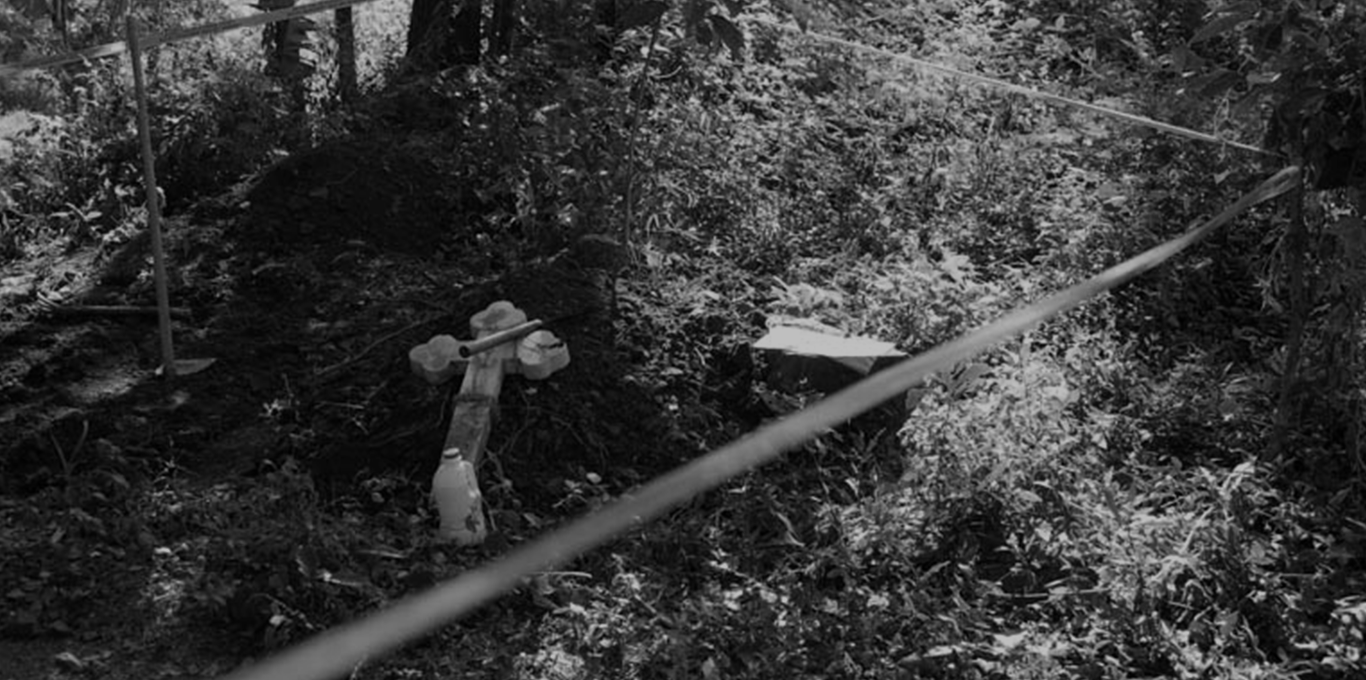
 Unarchivable Resurrections of War Trauma: Bearing Witness through Aesthetic and Textual Representations in the Fiction of Lebanese Novelist Rabee Jaber
">
Unarchivable Resurrections of War Trauma: Bearing Witness through Aesthetic and Textual Representations in the Fiction of Lebanese Novelist Rabee Jaber
">

